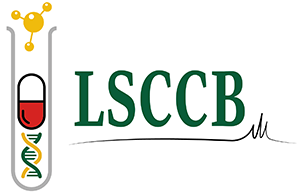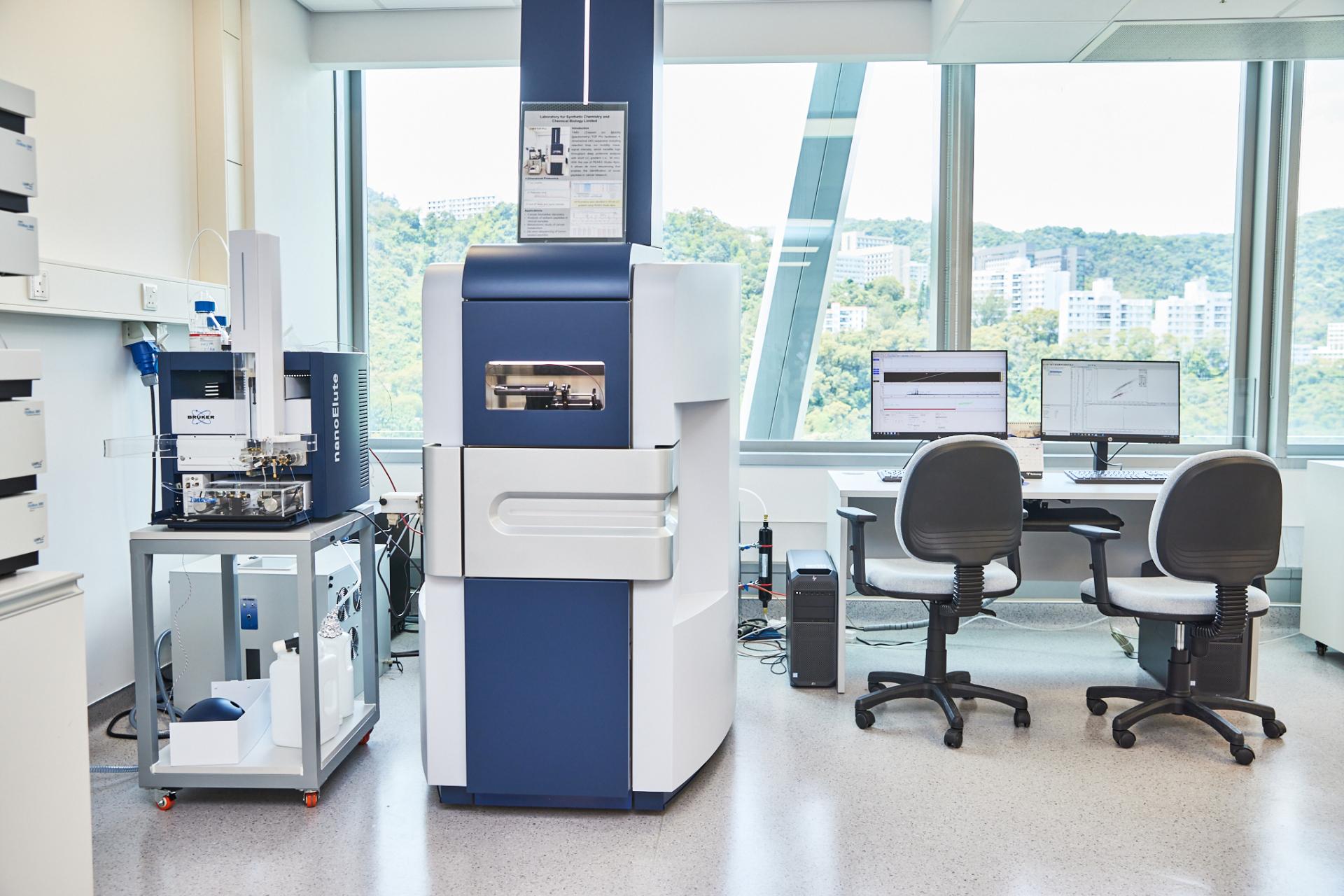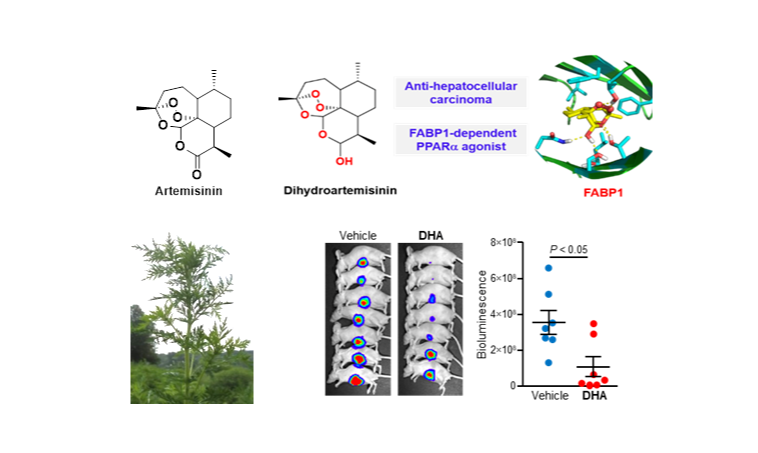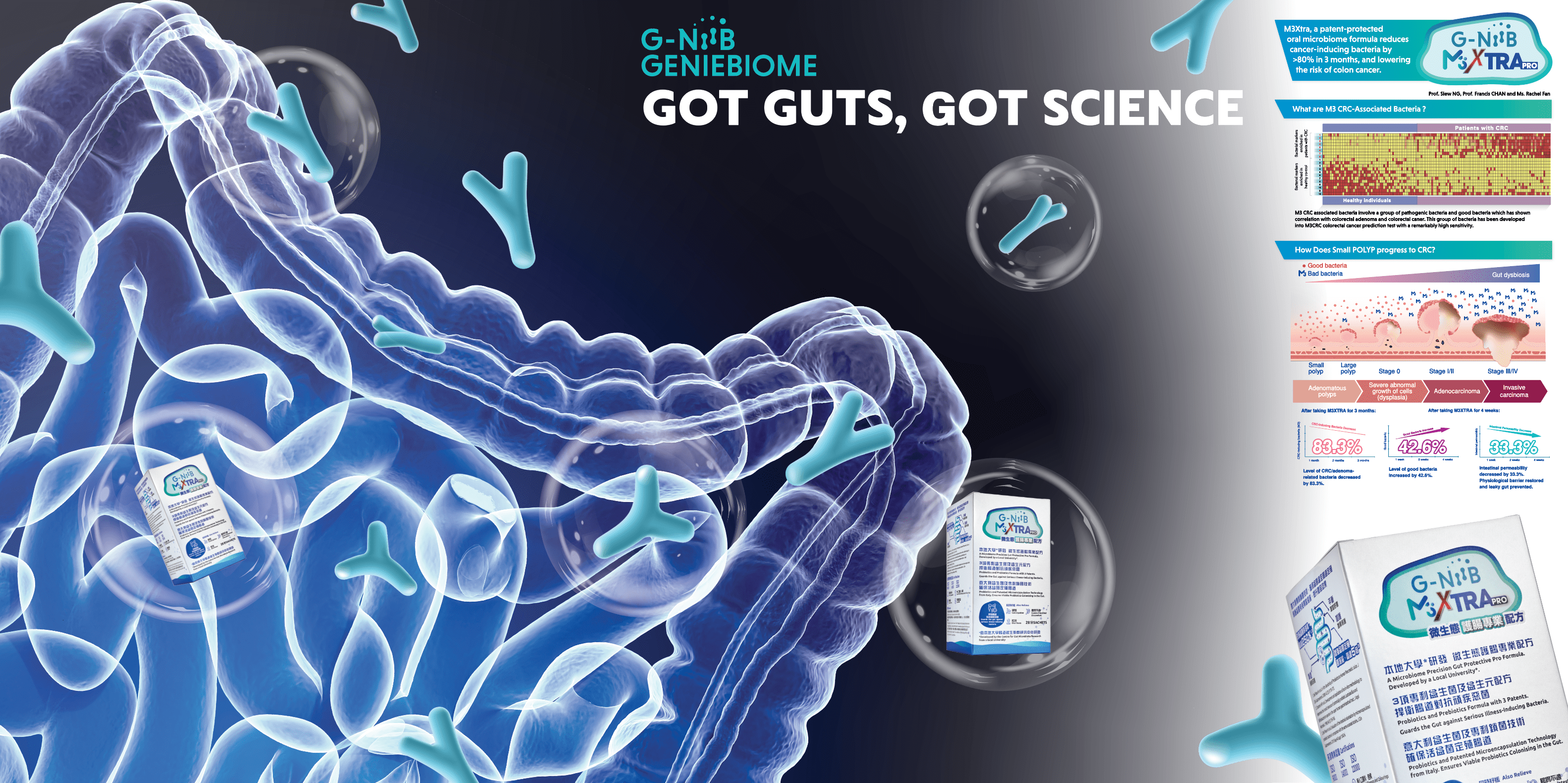
Dihydroartemisinin for Treatment of Chronic Liver Diseases and Malignancies

Dihydroartemisinin engages liver fatty acid binding protein and suppresses metastatic hepatocellular carcinoma growth
There are accumulating reports suggesting the potential use of artemisinin and derivatives for treatment of chronic liver diseases ranging from hepatitis, fatty liver, fibrosis to hepatocellular carcinoma. Still the direct bio-molecular targets of artemisinins are obscure and practical demonstration is lacking
- Dihydroartemisinin non-covalently binds liver fatty acid binding protein (FABP1) with micromolar affinity, acts as a FABP1-dependent peroxisome proliferator-activated receptor alpha (PPARα) agonist and inhibits metastatic hepatocellular carcinoma growth in mice.
- Our findings on dihydroartemisinin as a FABP1-dependent PPARα agonist as well as demonstration of inhibition of metastatic HCC growth in an orthotopic mice model helps understand the anticancer properties, and provides the evidence basis for repurposing of the compound for treatment of chronic liver diseases and malignancies.
- Repurposing of artemisinins for treatment of chronic liver diseases and malignancies
Laboratory for Synthetic Chemistry and Chemical Biology (LSCCB) is an R&D centre funded by Health@InnoHK progamme of Innovation and Technology Commission of HKSAR. Established in 2020, LSCCB is operated with tripartite joint collaboration of The University of Hong Kong, Imperial College London and Peking University. LSCCB aims at integrating chemical and biomedical sciences to develop new molecular medicines and diagnostic tools for the treatment and analysis of human diseases, in particular, cancer. LSCCB currently assembles more than 20 principal investigators for 4 major research programmes including (a) Synthetic Chemistry; (b) Chemical Biology of Natural Products and Chinese Medicine; (c) Metal Anticancer Medicine, Diagnostics and Theranostics; and (d) Multi-Omics and Innovative Analytical Technologies for InnoHealth.






